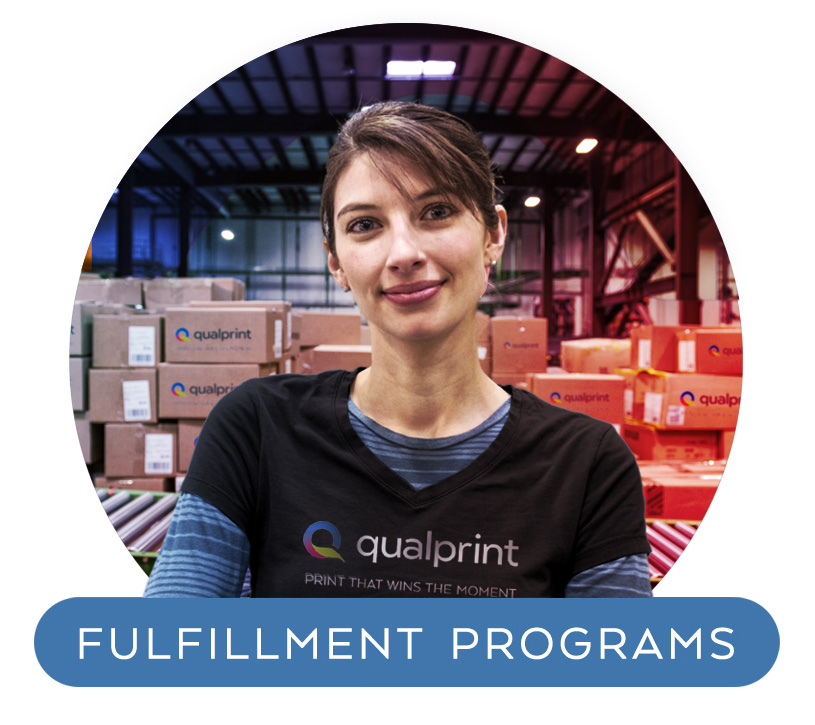A question we hear from marketers and business owners often is… “Is print advertising better than digital advertising?” or “Does digital marketing outperform print marketing?”. We get it, everyone wants to know who the winner is when it comes to Print vs Digital Advertising, but the answer isn’t that easy, so we broke down the pros and cons below to give you everything you’ll need to better understand our answer.
What is Print Advertising?
Print advertising refers to the form of marketing and advertising that uses printed materials, such as newspapers, magazines, brochures, flyers, posters, and billboards, to convey a message or promote an event, product, service, or brand. It is one of the traditional forms of advertising that has been used for centuries and continues to be both relevant and successful today.
What is Digital Advertising?
Digital advertising is a form of marketing and advertising that utilizes digital channels and platforms to promote events, products, services, or brands to a target audience. Unlike traditional forms of advertising, such as print or broadcast, digital advertising leverages the internet and various online technologies to reach consumers. It encompasses a wide range of advertising tactics and formats, including SEO, Display, Search Ads, Social Media Ads, Email and more.
Print Marketing vs Digital Marketing
While both print and digital marketing & advertising are used by marketers and businesses they each have unique benefits. Here we’re sharing some of those benefits for each.
Benefits of Print Marketing
Listed below are ten benefits of print marketing that we think are important to share.
- Tangible & Physical Presence – Print materials such as brochures, flyers, and business cards provide a tangible and physical representation of your brand or message. People can touch, hold, and keep these items, creating a lasting impression.
- Credibility and Trust – Print materials are often perceived as more credible and trustworthy compared to digital ads, which can sometimes be associated with spam or fraudulent content. Well-designed print materials can enhance your brand’s credibility.
- Less Competition – As many businesses focus on digital marketing, there may be less competition in the print space, allowing your print materials to stand out more effectively.
- Longevity – Print materials often have a longer lifespan than digital content. For example, a well-designed brochure or magazine ad can be kept for weeks, months, or even years, serving as a constant reminder of your brand.
- Engagement – Print materials encourage a different kind of engagement compared to digital ads. Readers tend to spend more time with printed content, giving your message more attention.
- No Ad Blockers – Unlike digital advertising, print marketing doesn’t suffer from ad blockers that can prevent your digital ads from reaching your target audience.
- Local Appeal – For businesses with a local focus, print marketing, such as flyers, posters, and local newspaper ads, can be an effective way to connect with the community.
- Complementary to Digital – Print marketing can be used in conjunction with digital marketing strategies to create a more comprehensive and integrated marketing campaign.
- Personalization – Print materials can be personalized, allowing you to address the recipient by name or include customized content tailored to their interests or needs.
- Tactile and Sensory Experience – The physical nature of print materials can engage multiple senses, creating a memorable experience for the audience through textures, finishes, and even scents in some cases.
Digital Advertising Benefits
Then you have digital advertising & marketing which also has its own unique benefits that we are sharing ten of those below.
- Global Reach – Digital marketing allows you to reach a vast and global audience, breaking down geographical barriers. You can target audiences across different regions and countries, expanding your customer base.
- Real-Time Analytics – Digital marketing provides immediate access to real-time analytics and performance data. You can track key metrics like website traffic, conversions, click-through rates, and return on investment (ROI) and adjust your campaigns accordingly for optimal results.
- Quick Campaign Deployment – Digital marketing campaigns can be launched quickly. You can create and run ads within hours or days, allowing for rapid responses to market trends and changing customer behaviors.
- Measurable Results – Unlike traditional advertising, which can be challenging to measure accurately, digital marketing provides precise data on campaign performance. This data helps you understand what’s working and what needs improvement.
- Interactive Content – Digital marketing allows for interactive content formats, such as videos, quizzes, polls, and surveys, which engage and captivate audiences more effectively than static content.
- Personalization – You can tailor your digital marketing messages to individual users based on their past interactions, preferences, and behaviors, enhancing the customer experience and increasing the chances of conversion.
- A/B Testing – Digital marketing platforms enable A/B testing, allowing you to experiment with different ad variations, headlines, images, and calls to action to determine which elements resonate best with your audience.
- Mobile Accessibility – With the proliferation of smartphones and mobile devices, digital marketing allows you to reach users on the devices they use most often. Mobile-friendly websites and mobile advertising options are essential for modern marketing strategies.
- Content Marketing – Digital marketing facilitates content marketing efforts, including blogging, social media posts, and email campaigns, which can help build brand authority, educate customers, and nurture leads over time.
- Adaptive Marketing – You can adapt your digital marketing campaigns in real time based on changing trends, customer feedback, and market dynamics, ensuring that your messaging remains relevant.
Print vs Digital Marketing – Which is Better?
If you’re really trying to decide whether or not print marketing or digital marketing is better then you’ll probably be left searching forever because there cannot be a 100% answer. The fact is that both are very good and should be used where it makes sense to use it. When print and digital advertising is used in combination you’ll find that it amplifies the success of marketing campaigns even more.
If you have more questions or thoughts about the topic of print vs digital advertising then we’d love to hear it.
Contact Us Now for More Information
Phone: (413) 442-4166




Recent Comments